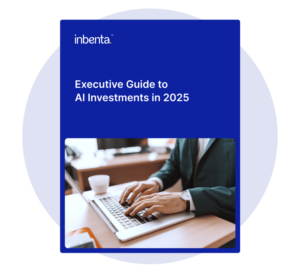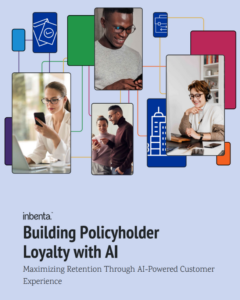A new report highlights how Google’s AI Overviews feature is driving a sharp increase in “zero clicks” for news-related searches, leaving publishers struggling. Since its launch in May 2024, the tool has contributed to a drop in traffic to news sites — a decrease from 2.3 billion visits in mid-2024 to 1.7 billion in May 2025, as per SimilarWeb data. AI summaries allow users to consume information directly, bypassing traditional sources. Google has faced criticism but argues its AI tools create new opportunities for content discovery. Meanwhile, referral traffic from ChatGPT has surged, offering a potential lifeline for some outlets. As the media industry faces layoffs and shifting referral patterns, questions remain about how publishers can adapt.
WEBINAR – How to Drive Enterprise Transformation with AI: Lessons from the Past, Strategies for the Future.
- Platform
- Solutions
 Inbenta’s Composite AI
Inbenta’s Composite AIInbenta’s AI, trained for over two decades on billions of interactions, enhances customer experience across industries.
- Use Cases
- industries
- Resources
- Articles
- AI This Week
- White Papers
- Newsroom
ArticlesAI This WeekWhite PapersWhite PapersWhite PapersWhite PapersNewsroom
- Company
- Partners
Unlock growth & innovation
CareersTransform the world with us
CompetitorsSee how we stack up






